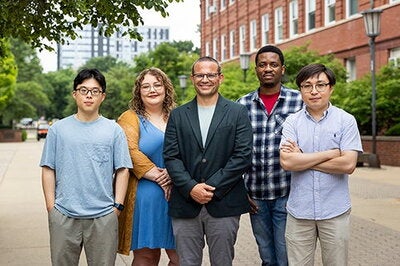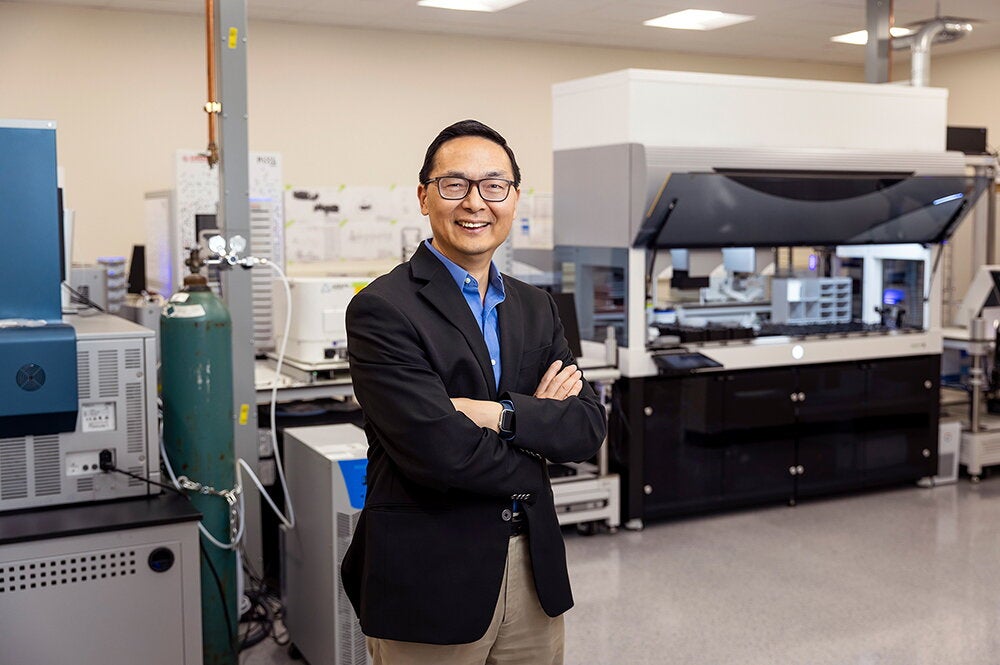
Most people who separate their plastic waste for recycling assume the bulk of it will in fact be recycled. But current recycling methods, which “require sorting, grinding, cleaning, remelting and extrusion to obtain plastic pellets, usually lead to lower value materials because of contamination and mechanochemical degradation,” the authors of a new study write. As a result, only about 10% of the plastic that makes it to recycling facilities is recycled. The rest is incinerated, sent to landfills or ends up in the environment.
In their search for better methods, some researchers have explored pyrolysis, which uses heat to break plastic polymers down chemically, converting them into energy-rich compounds like oils. But pyrolysis requires high-energy inputs and creates toxic product mixtures that limit its potential as a large-scale solution to the problem of plastic waste.
Methods that use catalysts to systematically break down plastics for reuse offer a potentially more efficient and productive method, the scientists on the new study report. But predicting how different catalysts and chemical intermediates will interact at different stages of the process is a challenge.
“To address the growing crisis of plastic pollution, many scientists are working on catalytic processes that break plastics back down into reusable building blocks,” said Baron Peters, a professor of chemical and biomolecular engineering at the University of Illinois Urbana-Champaign who led the new research. “However, modeling these reactions is no easy task because reactants and intermediates have thousands of molecular weights and chemical functionalities.”
To address the limitations of current modeling approaches, the researchers developed a new framework that connects molecular scale processes — including chemical reactions and adsorption of polymers on the surface of catalysts — “with reactor-scale models that balance the inflow of molten plastic and outflow of products with changing contents and reactions in the reactor,” Peters said.
The findings are detailed in the journal Accounts of Chemical Research.
“The new model gives scientists a powerful tool for extracting molecular-level insight from reactor-scale measurements, or for making reactor-scale predictions from molecular-level mechanistic hypotheses,” said study co-author Lela Manis, a PhD student at Illinois.
“These models have helped our team design new catalyst architectures that mimic nature’s strategy for processive depolymerization,” said study co-author, PhD student Jiankai Ge. “They also have allowed us to identify reaction conditions that boost selectivity of value-added products.”
Quantitative models of the catalytic breakdown of plastic polymers will help design catalysts and implement solutions for the ongoing problem of plastic waste, the researchers said.
This work was supported by the Institute for Cooperative Upcycling of Plastics, an Energy Frontier Research Center funded by the U.S. Department of Energy Office of Basic Energy Sciences, via subcontract from Ames National Laboratory.


